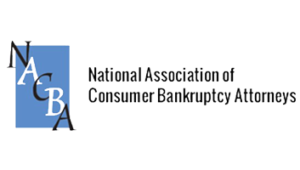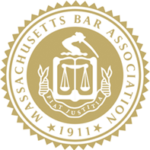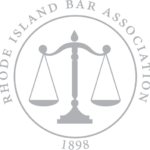Re-prioritizing Your Bills
You may have been advised by experts to pay off high-interest debt before other expenses. In most cases, this advice is quite sound; however, did you know that there are certain times in which it is best to pay off debts with lower interest rates first? Don’t exhaust your limited resources without first prioritizing your debt obligations.
NerdWallet financial expert Tim Chen says, “When you have several different types of debts and your income isn’t quite keeping up with your total expenses, it can be tough to figure which debts to pay first. Ignoring high priority debts and focusing on less important ones may ultimately leave you in a worse situation than you were before. It’s often helpful for many people to have a table that lists their debts in order of highest priority to lowest.”
Here are some tips to help you re-prioritize your personal expenses?
First, start with secured debts—debts associated with assets that can be repossessed or otherwise seized. Your car and your house keep you moving, protected, and able to look for work, and as such they should be your first priority as far as protection is concerned. In the event that paying for even these most basic of priorities becomes untenable, Chapter 13 bankruptcy offers makes it possible to re-sort your finances, restructure your payments, and satisfy your creditors.
Deal with debts that can result in serious penalties second. Failing to pay off certain kinds of debt can result in serious penalties (including prison time.) Clearly, it is best to resolve these financial shortcomings as soon as possible.
The next debts to clear are those for services that require continued use. There are certain services that we simply cannot do without—electricity, running water, medical aid in the event of injury. Failing to recompense your doctor for his services will probably require you to find another, and late payment on utilities bring financial penalties with them. Although increasing numbers of doctors and utilities are willing to work with you on payment plans during these difficult economic times, you need to try to pay off debts associated with these services in a timely manner.
Finally, leave your unsecured debts (debts with no assets backing them) for last. Although the creditors of these debts may harass you while you make more pressing payments, they are unlikely—and in many cases unable—to repossess your property and more willing to work something out with you. If you still can’t cover your credit card debt after eliminating the first three varieties of debt, you should probably consider filing for Chapter 7 bankruptcy, which removes unsecured debt in order to allow you time to save for higher priority expenses.
If you are one of the millions of Americans in financial trouble, consult a qualified bankruptcy attorney.





